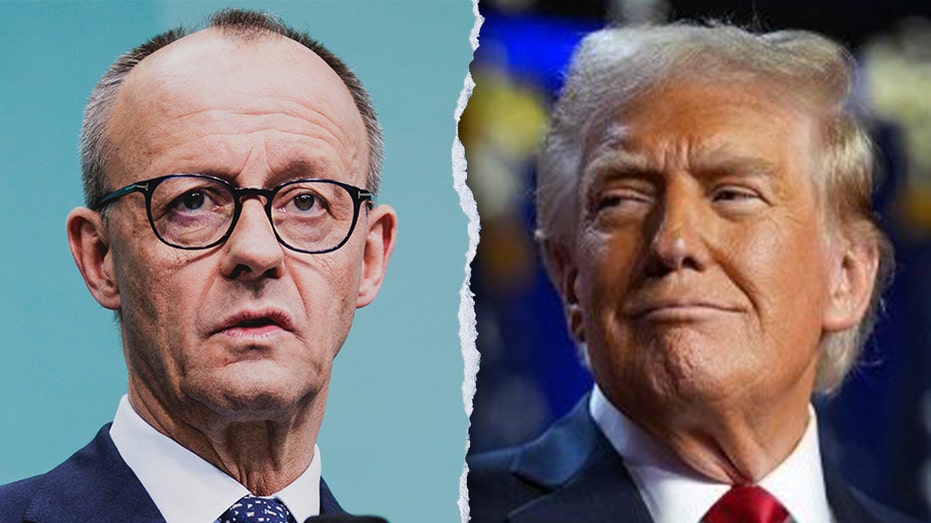Germany's Merz to 'Adapt' to Trump Ahead of Critical Tariffs and Defense Strategy Talks
German Chancellor Merz to discuss trade disputes and NATO funding boost with President Trump in upcoming meeting

German Chancellor Friedrich Merz will meet with President Donald Trump in Washington, D.C. on Thursday in a high-stakes diplomatic engagement that comes at a crucial juncture for transatlantic relations. With conflict escalating in Europe and the Middle East, and ongoing disputes over trade policy, the bilateral summit is expected to tackle some of the most pressing geopolitical challenges facing both allies.
The relationship between Germany and the Trump administration has frequently been fraught, with both sides expressing open frustration over issues ranging from NATO defense spending to tit-for-tat tariffs. However, recent dialogue between Merz and Trump has signaled a more constructive tone, raising hopes in Berlin that progress can be made—especially on the issue of U.S. tariffs on German goods. Germany is eager to see Trump’s 25% tariff on imported vehicles and parts removed, along with other trade duties that have weighed heavily on its export-driven economy.
This visit marks Chancellor Merz’s first official trip to Washington since taking office last month. It comes as European leaders work to recalibrate their approach to the United States following Trump’s return to the White House. Countries like France and the United Kingdom have attempted to maintain close ties with Washington while also investing in greater strategic autonomy—a path Merz appears poised to follow, signaling his intent to strike a careful balance between partnership and independence.
Defense and security are also expected to dominate the discussions, especially considering Germany’s recent decision to end weapons range limits for Ukraine. This move was taken despite explicit nuclear threats from Russia, underscoring Berlin’s readiness to take a more assertive role in Eastern European security—a stance that could resonate with the Trump administration’s calls for Europeans to shoulder more of the collective defense burden.
Chancellor Merz has publicly acknowledged the unique dynamic required when engaging with President Trump, stating that “you have to adapt to him and get involved with him—while at the same time you can't make yourself smaller than we are.” He emphasized the importance of maintaining a pragmatic and respectful dialog, making clear that, “We’re not supplicants.” This approach will be put to the test given Trump’s unpredictable style, as demonstrated in recent Oval Office encounters with international leaders.
One area where Merz could find common ground with Trump is on NATO defense spending. The Trump administration has repeatedly pressed allies to boost their military budgets, going as far as to demand a 5% GDP threshold for defense outlays. While Germany has already exceeded the 2% mark, Merz has signaled willingness to consider further increases, potentially positioning himself as a key advocate for broader European support for Ukraine and for future peace efforts in the region.
As the two leaders prepare for what promises to be a pivotal meeting, much hangs in the balance: the prospects for easing damaging trade tensions, strengthening NATO, and forging a united front on global crises. The outcome of Thursday’s talks will likely set the tone for U.S.-German relations for months to come and provide important signals about the trajectory of the broader transatlantic alliance in a rapidly changing world.




